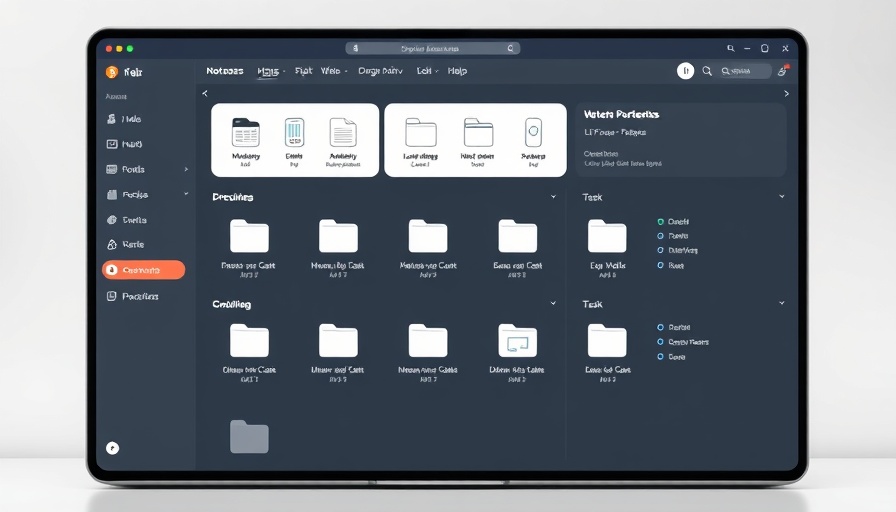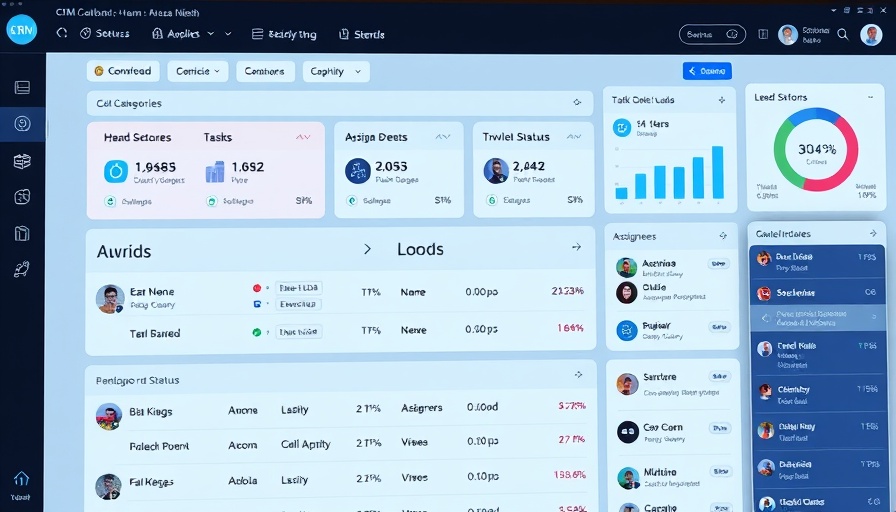
Why Seek Alternatives to Google Workspace?
As businesses continue to evolve in the post-pandemic era, flexibility, scalability, and functionality are priorities for operational success. Business owners generating $2M–$10M+ in annual revenue often find themselves seeking software solutions that offer better task management while still providing essential collaborative tools. Google Workspace, though effective, may not meet every operational need as companies scale. Research shows that businesses are actively looking for alternatives that better fit their unique workflows and enhance productivity.
Key Factors to Consider in Software Tools
When selecting a collaboration or project management tool, consider the following:
- Customization: Ensuring that the software can adapt to your existing processes is vital for seamless integration.
- Collaboration Features: The ability for team members to collaborate in real-time helps improve project timelines.
- Usability: Intuitive interfaces can significantly reduce onboarding time and enhance user satisfaction.
- Automation: Look for software that automates repetitive tasks, freeing up valuable time for strategic initiatives.
Five Alternatives to Google Workspace in 2025
Here are five strong contenders to foster collaboration within your team while streamlining project management:
1. ClickUp
ClickUp excels in providing a singular platform for project management, enabling users to track processes, tasks, and goals with visual dashboards. Its customization options allow users to create workflows that fit their specific needs.
2. Asana
Asana is perfect for teams that thrive on organization. With its flexible project views, task dependencies, and communication capabilities, it enhances collaboration around any project development.
3. Trello
For those who prefer kanban-style project management, Trello offers a user-friendly experience. Its board system allows users to visualize workflows and see progress at a glance, catering perfectly to teams emphasizing simplicity.
4. Notion
Notion serves as an all-in-one workspace. Users can manage notes, documentation, and tasks in an integrated way, which is ideal for teams that want a centralized hub for their business operations.
5. Monday.com
Monday.com presents a visually striking interface that makes project tracking a breeze. The tool’s variety of templates ensures that users can tailor their experience to a specific operational framework, boosting overall engagement and productivity.
Common Misconceptions About Project Management Tools
Some businesses think they can manage all operations with just one tool, but the reality is that while tools like Google Workspace have benefits, they may not cover the full spectrum of project management needs. Companies need to understand that every team has unique requirements that may necessitate the use of specialized software to truly optimize operations.
Decisions You Can Make With This Information
By analyzing and exploring these alternatives, business owners can make informed decisions about the right tools for their projects and workflows. Choosing the right software can significantly influence team effectiveness and project outcomes, ultimately shaping the success of your business.
As we move toward 2025, staying updated on software capabilities and emerging tools will be crucial. Be proactive about your operational needs, and choose the tools that empower your team to succeed!
 Add Row
Add Row  Add
Add 



Write A Comment